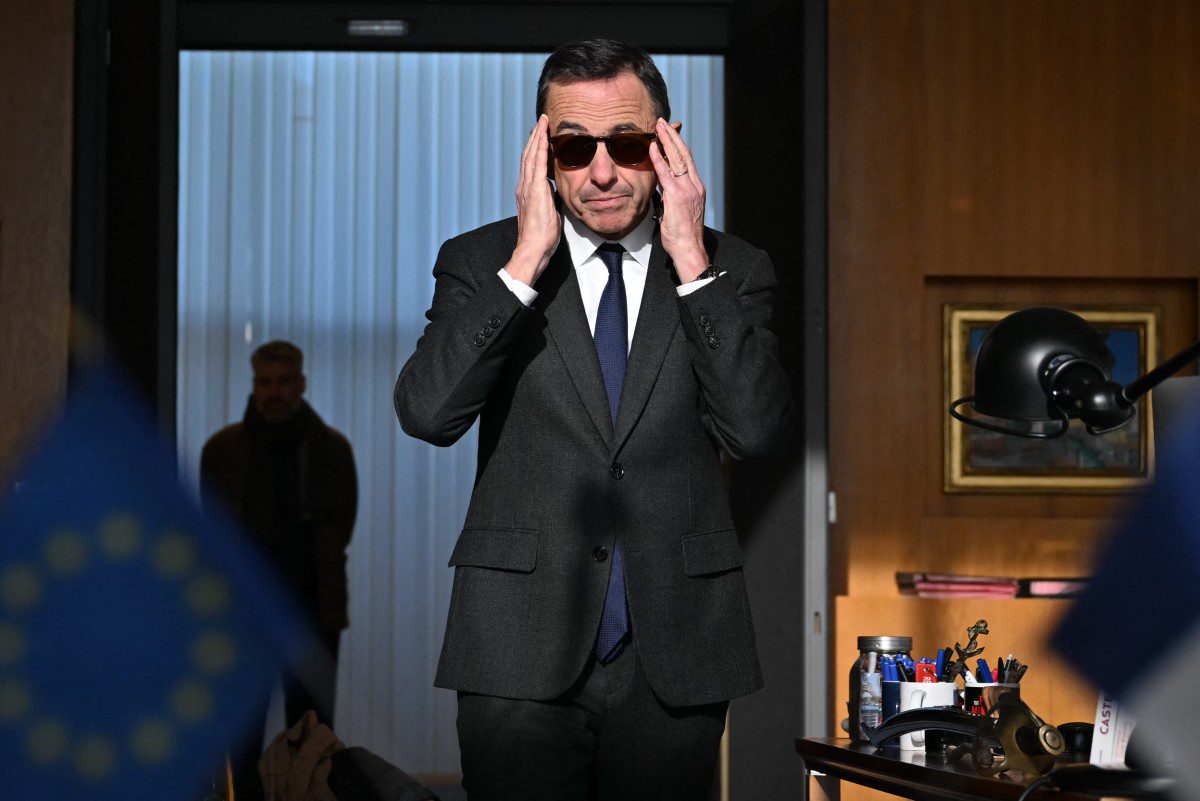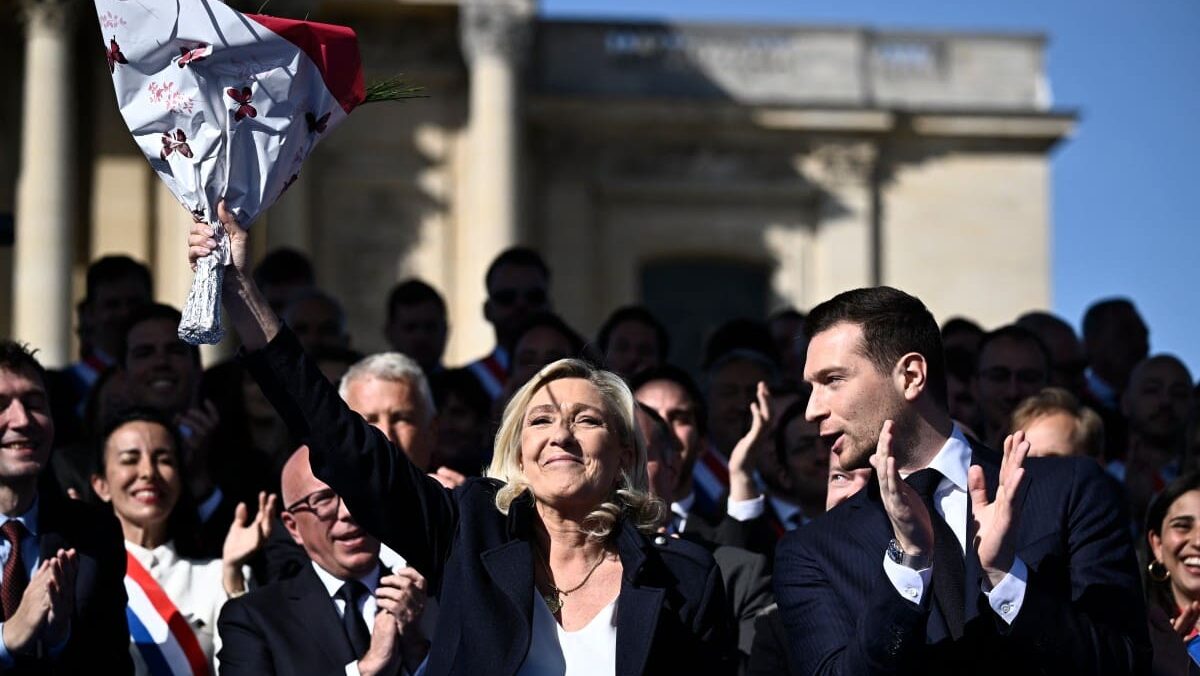French Interior Minister Bruno Retailleau’s shock statements are multiplying. Since his appointment in Michel Barnier’s previous government, this ‘respectable’ man from the government’s right wing has been saying out loud what many French people are thinking, but dare not say publicly for fear of being branded ‘fascists’ or ‘supporters of the Rassemblement National (RN)’. While his words may be devoid of any practical effect for the time being, they are nevertheless playing a decisive role in shaping public opinion and paving the way for what’s to come.
For several months now, Retailleau has been riding the battle horses of the national Right on the issues of immigration and crime. After denouncing the excesses of state medical aid (AME) granted indiscriminately to migrants, he also came out in favour of a referendum on immigration. At the time of the murder of the young woman Philippine, a murder that moved the whole of France, he said he wanted to put an end to public subsidies paid to pro-migrant associations, which were both ‘judge and party.’
Retailleau recently raised his voice against Algeria, accused it of “humiliating France,” and ordered the expulsion of Tiktokers making terrorist threats. In the press, he defended a drastic ban on the full veil in public spaces and universities—only to be rebuked by a government reluctant to follow his hard line on militant Islam.
On Sunday, January 19th on BFM TV, Retailleau put the question of ethnic statistics back on the agenda. This year, INSEE, France’s national statistics institute, included a simple question in its multiannual population census: “What is the place of birth of your parents?” Needless to say, this provoked reticence and criticism in France, where such statistics—in principle—are banned. Ignoring potential backlash, Retailleau believes that the introduction of ‘ethnic statistics’ would be a good thing, as they would finally make it possible to avoid “hiding reality.” Like the harsh reality of the over-representation of immigrants in prisons and delinquency, stubbornly denied by the Left.
These statements demonstrate a certain lucidity regarding the dramatic situation in France caused by decades of uncontrolled immigration and lax policies.
The Left has made no mistake, making Retailleau one of its new favourite targets, accusing him of ‘playing into the hands of the far Right’ and working for the RN. All his comments were immediately vilified and caricatured by left-wing elected representatives, proving that he had hit the nail on the head.
Unfortunately, we know that these statements will have little or no effect. For the moment, it’s all talk and no action. But one can hope that through his renewed affirmation of a firm line on these issues, he is helping to pave the way for other political figures who have the courage to take action.
What is considered an ‘authorised’ and ‘acceptable’ discourse in the media has changed considerably over the last few decades. The minister of the interior is providing the latest step in a multi-year process, largely led by the Front National and (now Rassemblement National), to acclimatise public opinion with the issues of immigration and insecurity. The death of Jean-Marie Le Pen at the beginning of January 2025 highlighted this shift in the press and the political class. His death revived many of his media appearances and political speeches on these issues, which today no longer carry the scandalous reputation they once did.
The national Right still suffers from a lack of credibility with certain sections of the electorate, particularly pensioners. Seniors over 65 still hesitate to trust the RN and continue to rely heavily on the mainstream media, which often labels RN statements as ‘populiste’—in French, a solidly derogatory term. But what can they say when those same words come out of the mouth of a ‘decent’ minister? The question that arises is the medium-term effects of Retailleau’s stance. What will happen in the next elections? There are several possible scenarios. The right-wing electorate, stuck in its quest for respectability, could continue to turn to the parties of the so-called ‘government’ right, but with stronger demands for real results to match their promises. Alternatively, factual circumstances and shared interests could compel the right-wing parties to permanently break down the cordon sanitaire that has artificially divided them since it was placed there by the left in the 1980s, and unite around a common programme. That’s the best we can hope for.


